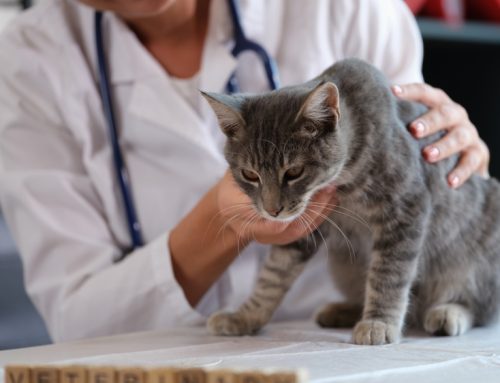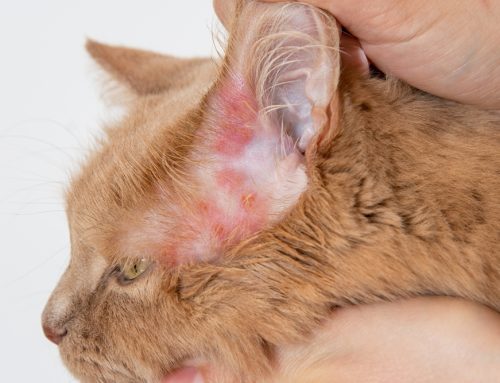Spaying or neutering your pet is one of the best ways to protect their long-term health and wellbeing. Most pet owners know that spaying or neutering is in their pet’s best interest, but they often have questions about the procedure and how their pet’s health and behavior will actually benefit. Our team at Chiefland Animal Hospital provides information that will help you make an informed decision for your pet. Read on for five reasons we recommend spaying and neutering pets.
#1: Helps prevent pet overpopulation
Overcrowded shelters across the United States must euthanize millions of animals every year because they cannot find homes for every pet in their care. Pet overpopulation is a pressing concern, but spaying or neutering your four-legged friend can help prevent this problem from escalating, reduce animal shelters’ burden, and save many pets’ lives.
#2: Prevents unplanned pregnancies
An unplanned litter of puppies or kittens is adorable but can take an emotional, physical, and financial toll on you and your pet. Caring for babies can be challenging for the mother and the pet owner, especially if any health issues arise before, during, or after delivery. Also, finding good homes for the babies can be difficult, and you may end up with unplanned pets.
#3: Eliminates pets’ risk of certain diseases
On average, spayed or neutered pets live longer than their intact counterparts. One study showed that sterilization increased life expectancy by 13.8% in male dogs and 26.3% in female dogs.
Spaying your female pet can reduce or eliminate the following potential health problems:
- Mammary cancer — Spaying your pet before they go into heat eliminates this cancer risk, which increases to 25% after their first heat. Spaying older pets can still help reduce estrogens that stimulate mammary tumors.
- Uterine infection — Spaying prevents pyometra, a life-threatening uterine infection that requires complicated emergency surgery. Pyometra risk increases as your pet ages.
- Pregnancy complications — Pregnancy poses risks not only for calcium deficiency (i.e., eclampsia), gestational diabetes, painful and inflamed mammary glands (i.e., mastitis), and birthing difficulties (i.e., dystocia), but also the need for an emergency cesarean section.
Neutering your male pet can reduce or eliminate the following potential health problems:
- Testicular cancer — Neutering eliminates this cancer risk, and is especially essential if both testicles have not descended (i.e., cryptorchid).
- Prostate complications — Neutering prevents painful prostatic abscesses and an enlarged prostate (i.e., prostatitis), which can reduce your pet’s ability to urinate.
- Trauma — Non-neutered males represent a significantly higher proportion of pets who are hit by cars, or become involved in fights.
#4: Saves pet owners money on veterinary costs
Paying for your pet’s spay or neuter when they are young will save you money in the long run by preventing costly pregnancies and many serious health problems. Also, raising puppy or kitten litters, especially if you cannot find enough homes and are left with many of the litter, and preventive and illness care for an entire litter can be expensive.
#5: Decreases inappropriate pet behaviors

Spaying or neutering your pet will not change their personality, but reducing their sex hormones can help address unwanted behaviors, including:
- Aggression — Spaying or neutering can reduce aggressive tendencies and dominance behavior.
- Roaming — Neutered male pets are no longer compelled to escape yards or homes in search of a female in heat.
- Mounting — Spaying or neutering can reduce your pet’s mounting behavior, which may also be an expression of dominance.
- Urine marking — Spaying or neutering reduces or eliminates your pet’s need to mark their territory, including inside your home.
These behaviors can be annoying, obnoxious, and also dangerous, but spaying or neutering your pet can greatly reduce or eliminate such issues. However, keep in mind that a spay or neuter is not a magic cure-all, and additional behavior training following the surgery will likely be necessary.
The decision to spay or neuter your pet positively impacts their health and the pet community. Contact our Chiefland Animal Hospital team to learn more about what a spay or neuter entails, more ways the procedure will benefit your pet, and the optimal time to schedule their surgery.








Leave A Comment